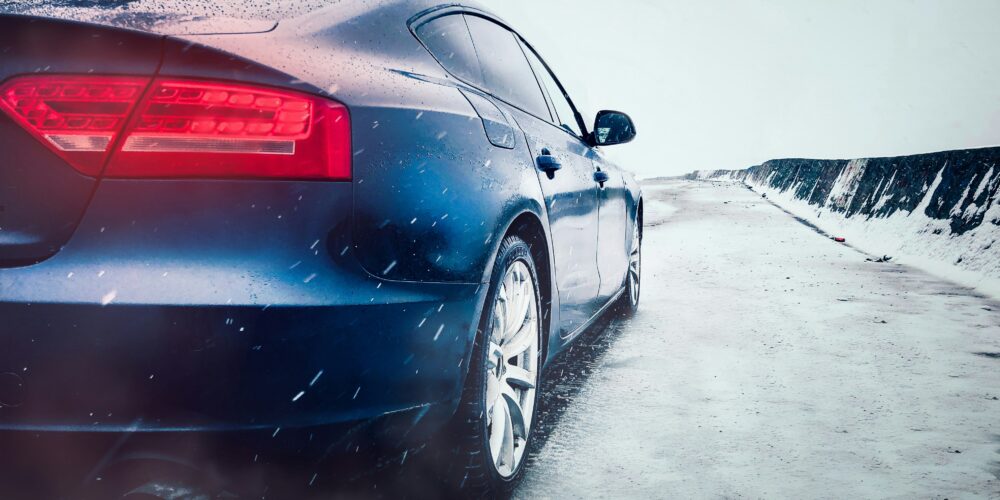The colder weather is rolling in and with cold weather comes increased strain on your vehicle. From ice on the windscreen to condensation that seems to take an age to de-mist, or even the grit on the roads, our cars go through a lot, but did you know that some parts of your car are more sensitive to the cold than others? From batteries and brakes to your windscreen wipers and spark plugs, here are some of the car parts you might not know are most affected by the cold weather.
Windscreen Wipers
With winter comes harsh weather and while our windscreen wipers are designed to handle rain, some weather types can be particularly hard on them. Setting off in the morning on an icy day can be stressful enough, but even more so when you have to clear the windscreen of snow or frost. It can be tempting to hit it with windscreen wash and your wipers, but this could actually be damaging the system more than you might expect. The rubber scraping over ice could lead to uneven blades and make them ineffective when you need them most.
Spark Plugs
The cold weather always puts strain on your electrical systems, particularly if frost makes its way into the car. Older cars can be more difficult to start in the winter as the cold can increase electrical resistance and spark plugs may need to work harder to get the car going. This can increase the speed of corrosion in the plugs and reduce the lifespan if not cared for properly. Spark plugs can be easily replaced at a fairly cost-effective rate if this is the case, so get in touch with our team for more information if you believe your spark plugs are struggling this winter.
Brakes
The brakes are one of the most important but most well-used parts of your vehicle at any time of the year, but in winter, the strain can increase. With ice on the road or wet conditions, brakes often have to work harder to stop the vehicle, and grit and salt can increase the speed of wear on the braking system. Corrosion or damage are more likely if your car isn’t properly cared for. Keeping things clean and rinsing off your wheels throughout winter can help reduce the chance of corrosion, but regular maintenance with a mechanic can also help to keep an eye on potential damage to brake pages, callipers, hoses, rotas, shoes and more.
Battery
When the weather gets really brisk and icy, you could face issues with your battery. Extreme cold can affect the electrolyte molecules within the battery system, which is one of the reasons why more drivers experience dead batteries in the winter. Coupled with lights being on more often, your heater blasting and de-misting the windscreen and more, the battery goes through a lot when things get chilly. If your car’s battery hasn’t been replaced in a few years, it could be time to get it checked and replaced before this year’s cold spells really set in.
Oil and Liquids
The oil in your vehicle is designed to keep the engine working in perfect order, but some oils can be prone to changing when the weather gets cold. In some cases, it can even thicken. If you usually use a viscose oil throughout the year, switching to a low-viscosity oil in the winter can help prevent any build up and avoid engine damage. Similarly, liquids like your windscreen fluid and engine coolant should have anti-freeze qualities to prevent them from freezing up in the pipework or reservoirs and causing problems as you drive.
The cold weather can wreak havoc on our cars, but with proper maintenance and making sure you give your car time to run in the morning before setting off, you can usually reduce the risk of any hefty recovery or repair bills. If you’re concerned about your vehicle or run into trouble, we are on hand to help. Simply get in touch with a member of our team to book your car in with your local Service4Service garage.

